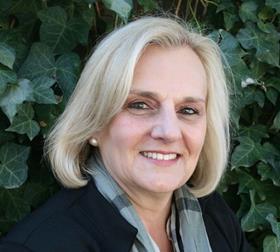
The Sustainability Initiative of South Africa (Siza) has benchmarked its environmental standard against the Rainforest Alliance standard.
Siza has done so because of the need to align closely with other relevant and international recognised certification bodies and standard holders to avoid duplication of multiple market requirements for South African suppliers.
The results of the benchmark have been positive and complementary, which confirms that Siza standards are a solid base for organisations wishing to become verified.
Siza launched its environmental standard in 2017, which was jointly developed with WWF-SA (the World Wide Fund for Nature, South Africa), to complement its widely accepted and comprehensive social standard.
“Now in its second year of implementation, the response from producers and market partners has been very encouraging, with many members proactively participating and able to report a more comprehensive picture of their sustainability risks and opportunities,” says Siza CEO Retha Louw.
“Siza is a membership-based free standing, non-profit company, designed to assist growers with ethical labour and environmental practice compliance whilst minimising costs,' Louw continued. 'It is a South African standard, developed,owned and operatedin South Africa but aligned to global best practices.”
She said that the benchmark was important because the Rainforest Alliance standard was one of the world’s leading certification systems with particular relevance for sustainable agricultural production and environmental stewardship.
The thorough benchmark process was undertaken both by external independent consultants as well as by an internal expert within the Rainforest Alliance, senior associate Maria Angélica Bonilla.
“The purpose of this benchmark was to identify the similarities and differences between the Rainforest Alliance and Siza standards, with the end goal for both schemes being to avoid the duplication at implementation level for South African producers,” stated Maria Angélica.
“These positive results, together with the longer term collaboration with Rainforest Alliance, will further strengthen the confidence in new and existing markets that the Siza standards are credible and driving best practice in terms of environmental and social responsibility,” explained Henko Vlok, Siza Environmental specialist.
Shelly Fuller of WWF SA said that the collaboration agreement was a great example of how, by working together, international and local standard bodies can have far greater impact in driving sustainable production that is both relevant on the ground and meets the global Sustainable Development Goals.
Retha Louw said the detailed results of the benchmark would be publicly available online by the end of February.



